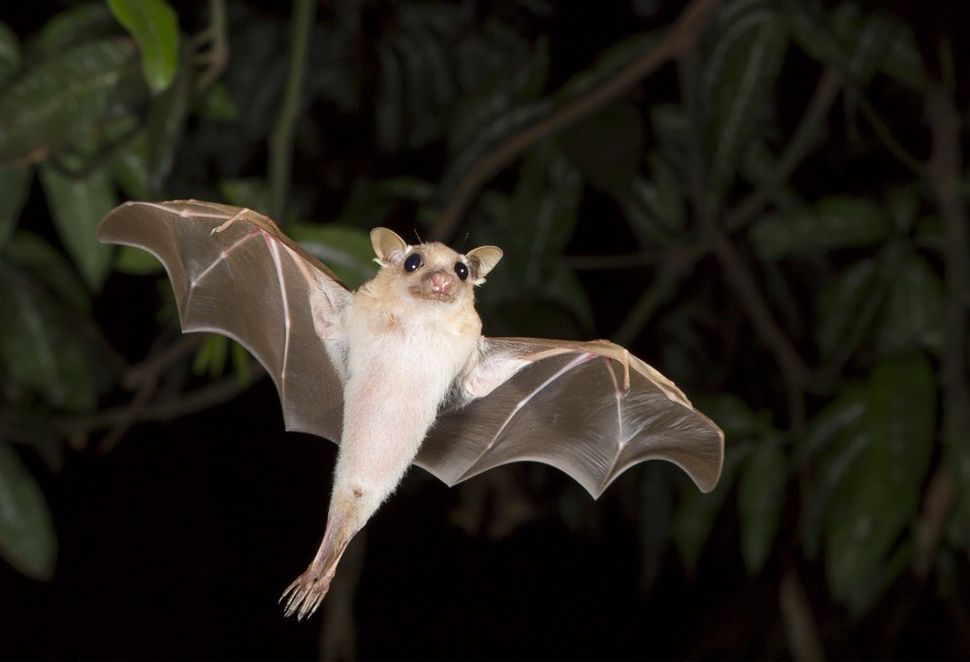
Bats are fascinating creatures that are often associated with darkness and a preference for dimly lit environments. It is a common belief that bats are blind in light, but is this really true? In this article, we will explore whether bats are actually blind in light and shed some light on their unique vision capabilities.
How Do Bats See?

Contrary to popular belief, bats are not actually blind. In fact, they have excellent vision, which is adapted to their nocturnal lifestyle. Bats use a combination of echolocation and vision to navigate and find prey in the dark.
Echolocation is a process where bats emit high-pitched sounds and listen to the echoes as they bounce back off objects. This allows them to form a mental map of their surroundings and locate prey even in complete darkness. However, echolocation is not the only way bats see.
Bats also have eyes that are adapted to low light conditions. Their eyes are larger than those of other mammals of similar size, and they have a high concentration of rod cells in their retina. Rod cells are photoreceptor cells that are sensitive to low light levels, making them perfect for night vision.
Can Bats See in Daylight?
Bats are primarily nocturnal animals, which means they are more active at night. However, this does not mean they are blind in daylight. Bats are capable of seeing in daylight, but their eyes are not as well adapted to bright light as they are to low light conditions.
When exposed to bright light, bats may experience some temporary blindness or disorientation. This is because their pupils are not as effective at limiting the amount of light that enters their eyes as the pupils of diurnal animals like humans. However, once their eyes adjust to the light, bats can see just fine.
What About Albino Bats?

Albino bats are not a separate species of bat but rather a genetic mutation that affects the production of melanin, the pigment responsible for skin, hair, and eye color. Albino bats have white or pale fur and pink or red eyes, which means they lack the pigment that protects the eyes from bright light.
As a result, albino bats may have a harder time seeing in bright light than other bats. However, they are not blind in light and are still able to navigate and find prey using echolocation and their low-light vision capabilities.
Conclusion
In conclusion, bats are not blind in light. While they are primarily nocturnal animals, they are capable of seeing in daylight, although their eyes are not as well adapted to bright light as they are to low light conditions. Bats use a combination of echolocation and vision to navigate and find prey in the dark, making them fascinating creatures with unique vision capabilities.